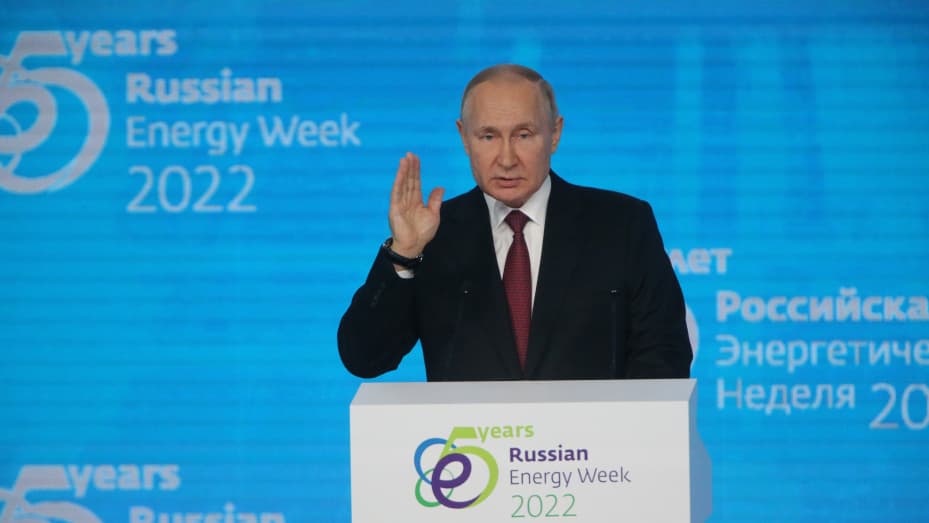
The European Union agreed to cap the price of Russian oil at $60 a barrel after several days of intense negotiations.
The announcement comes after the G-7 group of advanced economies agreed in September to impose a limit on Russian seaborne crude. Since that point, details on how the cap would work in practice have been discussed.
Russia warned that an oil price cap could cause havoc in the energy markets and push commodity prices higher.
An EU document states that the price cap should be 5% below the average market price.
The 5% adjustment mechanism was agreed to after negotiations were held up by Poland. An announcement is anticipated on Sunday.

If the cap is to be effective, the G-7 will need help from other buyers. China and India increased their purchases of Russian oil to take advantage of the discounted prices offered by Moscow.
In September, Kadri Simson said that China and India should support the measure. Simson said it was unfair to pay excess revenue to Russia.
The nations seem to be unwilling to comply with the cap. In September, India's minister of oil and gas said he has a "moral duty" to his consumers. He said they would buy oil from Russia and anywhere else.
The date of the announcement has been changed.